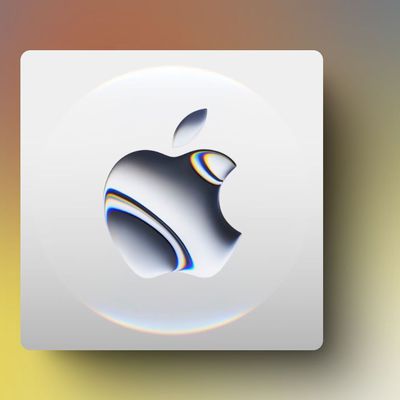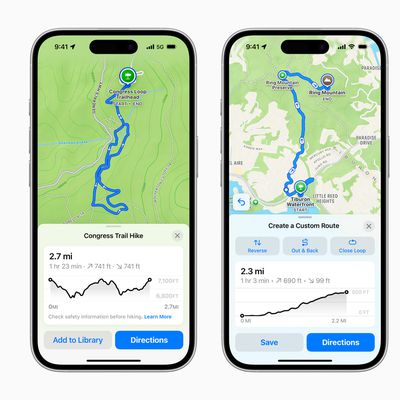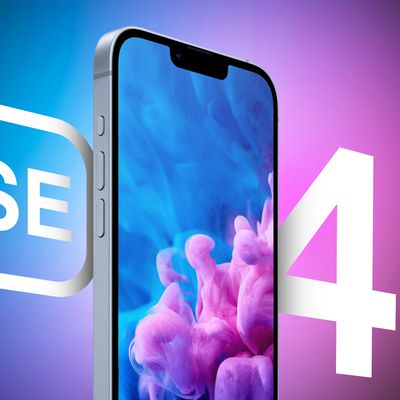Wired has a revealing article on Universal Music Group's CEO Doug Morris and his views on the digital music industry. The article provides insight into how only an outsider like Apple could accomplish what the music industry was unwilling and unable to create -- a successful digital distribution system.
Morris's attitude is shockingly revealing as to the underlying motives of the music industry and how it has affected their decisions.
[Morris] wants to wring every dollar he can out of anyone who goes anywhere near his catalog. Morris has never accepted the digital world's ruling ethos that it's better to follow the smartest long-term strategy, even if it means near-term losses. As far as he's concerned, do that and someone, somewhere, is taking advantage of you. Morris wants to be paid now, not in some nebulous future.
It was this attitude that prevented the record labels from letting go of the CD and embracing online distribution. To be fair, however, Morris claims that nothing could have been done differently:
"There's no one in the record company that's a technologist," Morris explains. "That's a misconception writers make all the time, that the record industry missed this. They didn't. They just didn't know what to do. It's like if you were suddenly asked to operate on your dog to remove his kidney. What would you do?"
Even now, their major efforts are not intended to satisfy any particular need or necessarily build a long term model, but instead to wrest the control they inadvertently gave to Apple with the creation of the iTunes Music Store. iTunes remains responsible for the largest portion of Universal's digital music sales.
To counter, Morris is presently involved in a making their Total Music plan a reality. Their plan is to offer users a "free" subscription plan for unlimited access to all their music. The plans would be subsidized by hardware vendors interested in taking a piece of the action from Apple's iPod and iTunes.
The author points out that this plan may be ignoring a strong consumer preference for flexibility and simply be trading in one proprietary format for another, but Morris doesn't appear to care:
Unfortunately, Total Music will almost certainly require some form of DRM, which in the end will perpetuate the interoperability problem. Morris likely doesn't care. He is more committed to Total Music -- or any other plan that allows protection -- than he is to a future where music can truly be played across any platform, at any time. "Our strategy is to have the people who create great music be paid properly," he says. "We need to protect the music. I know that."





















